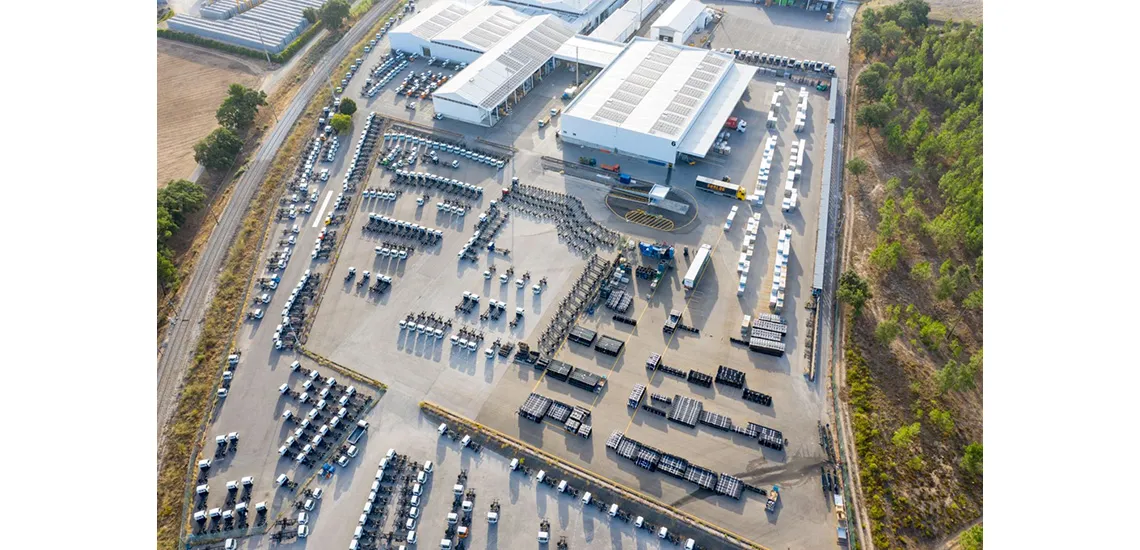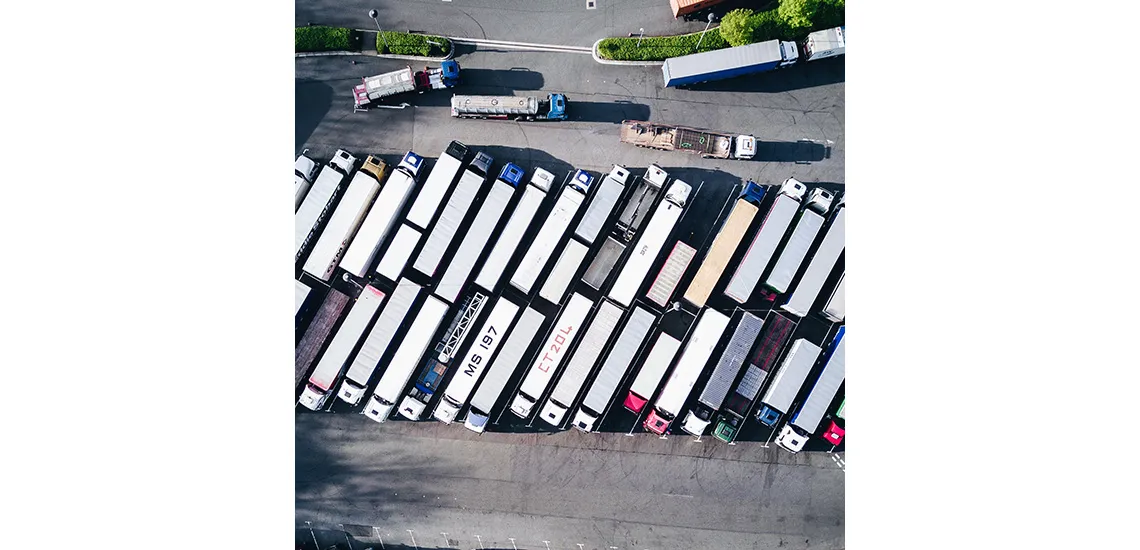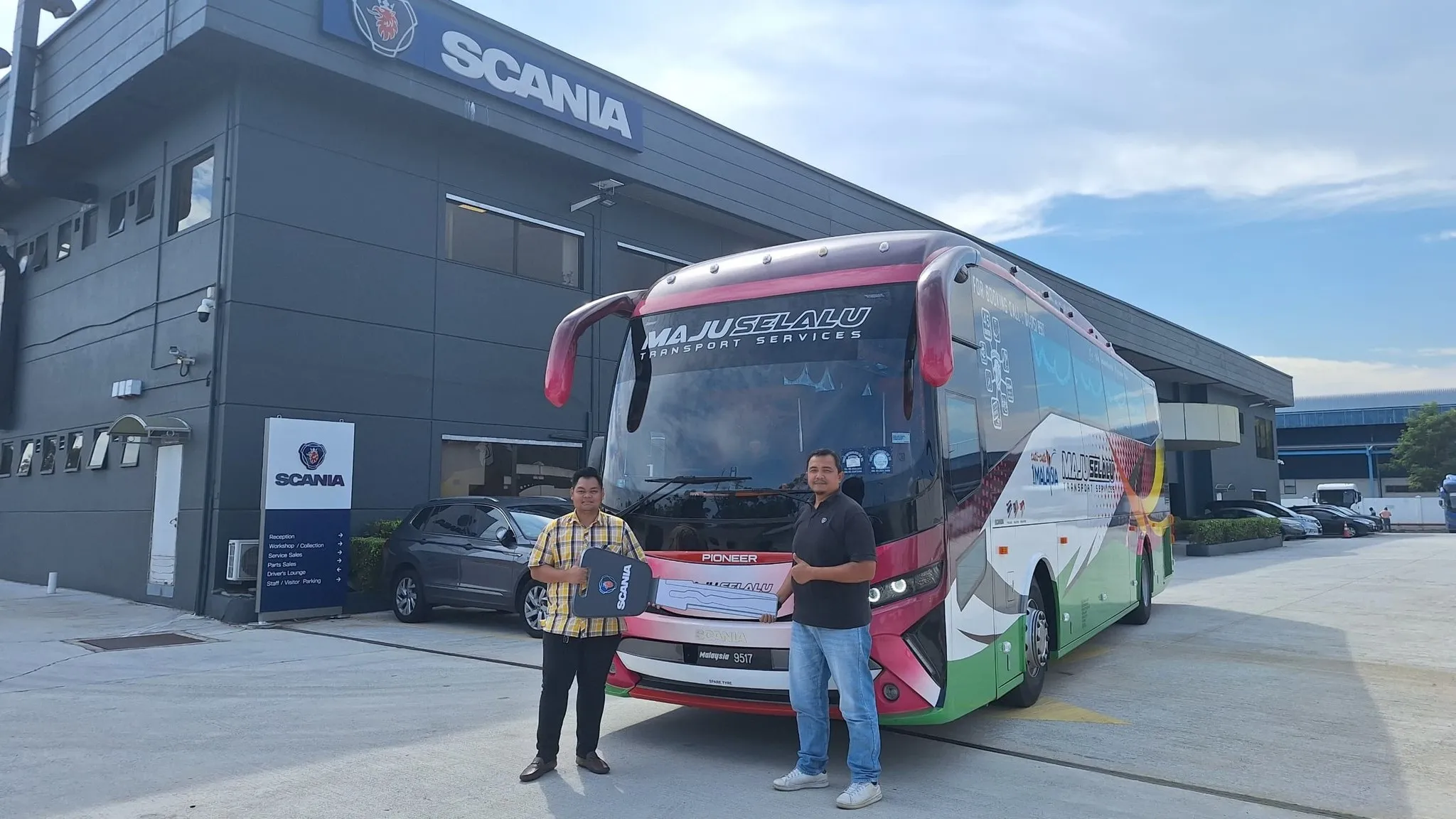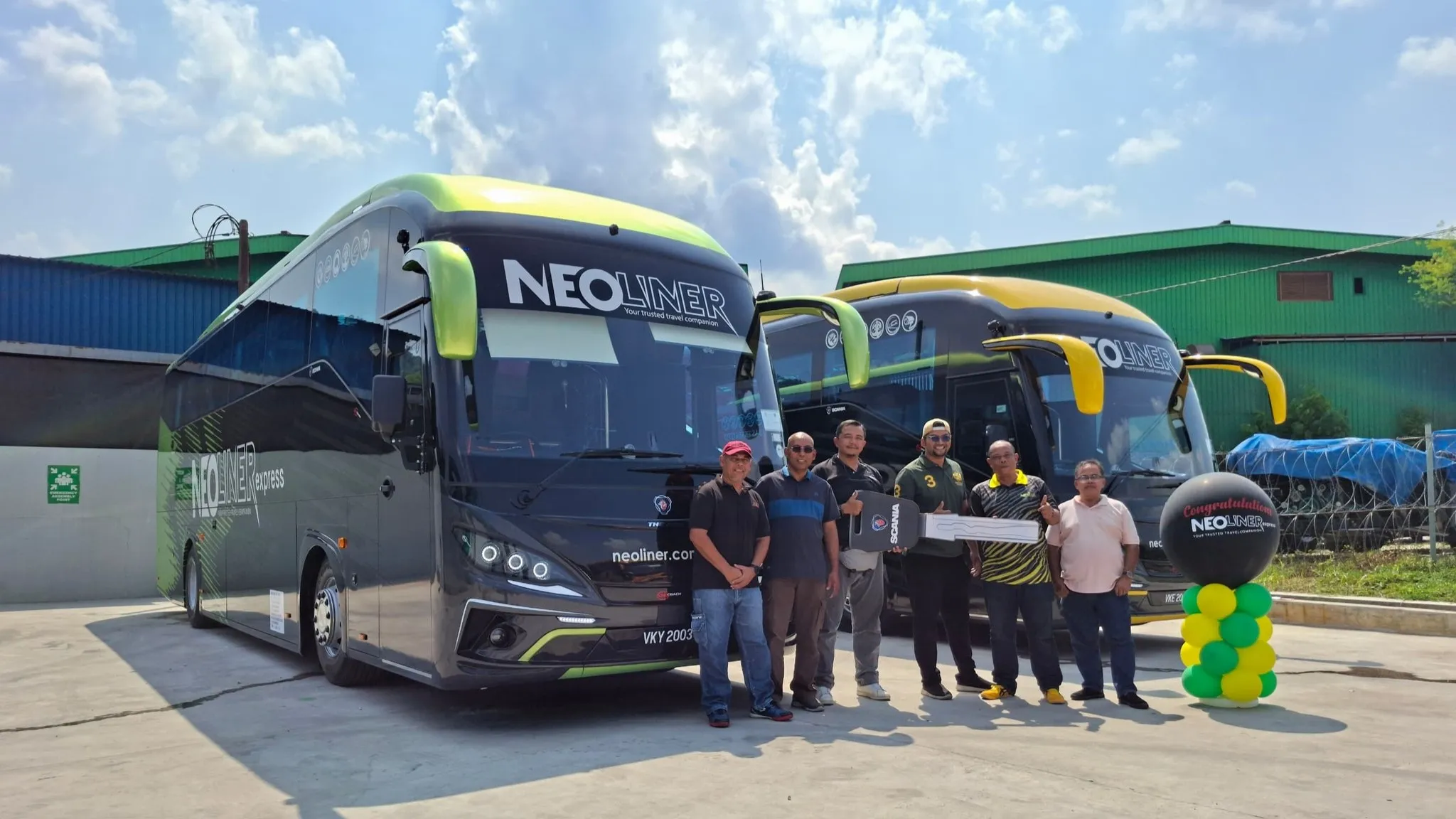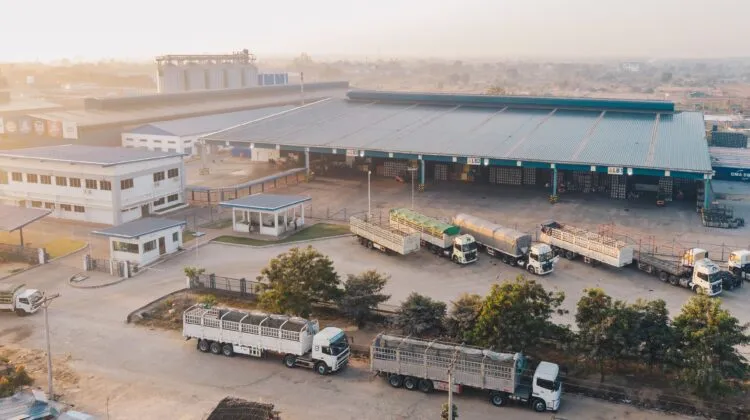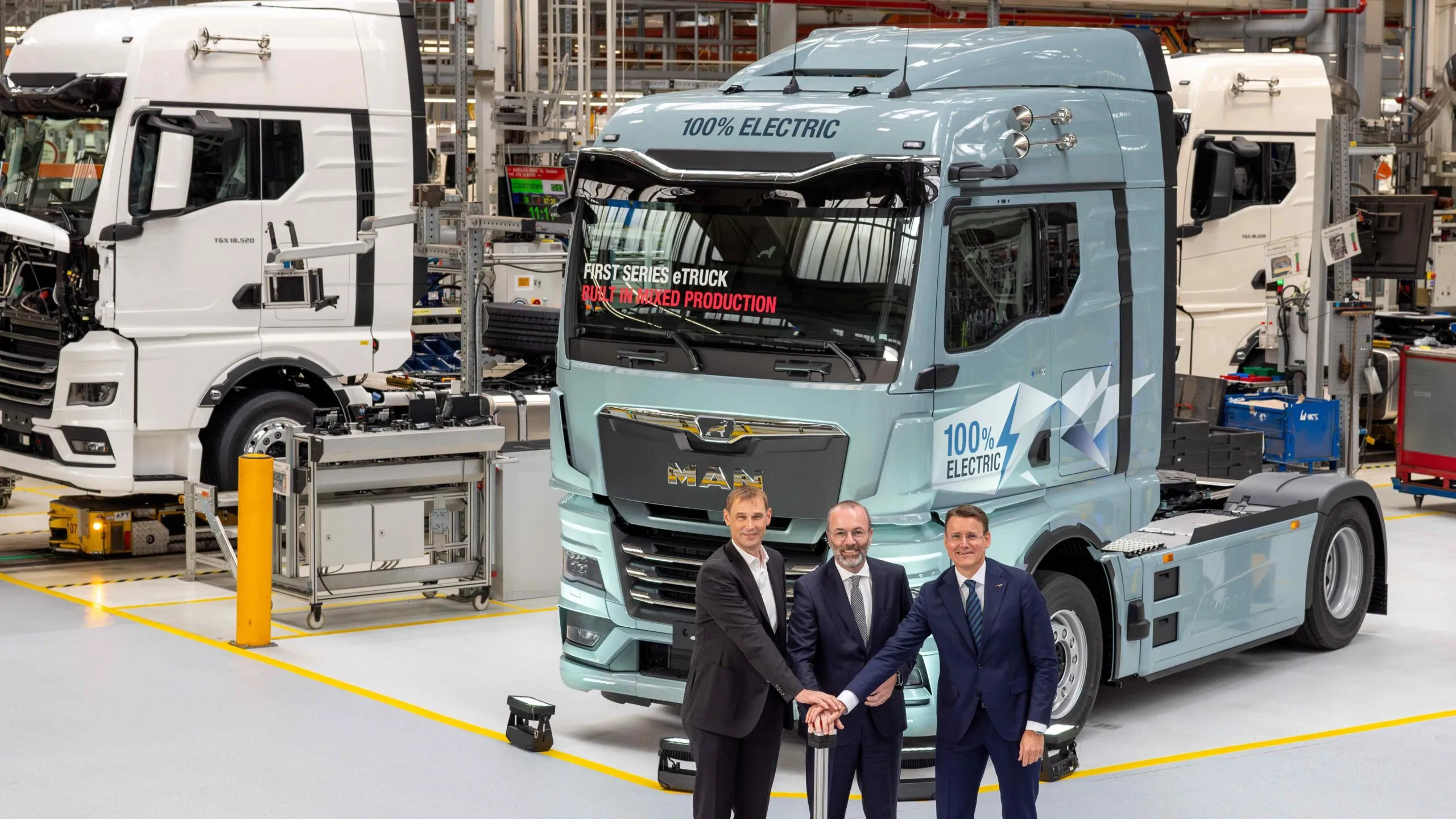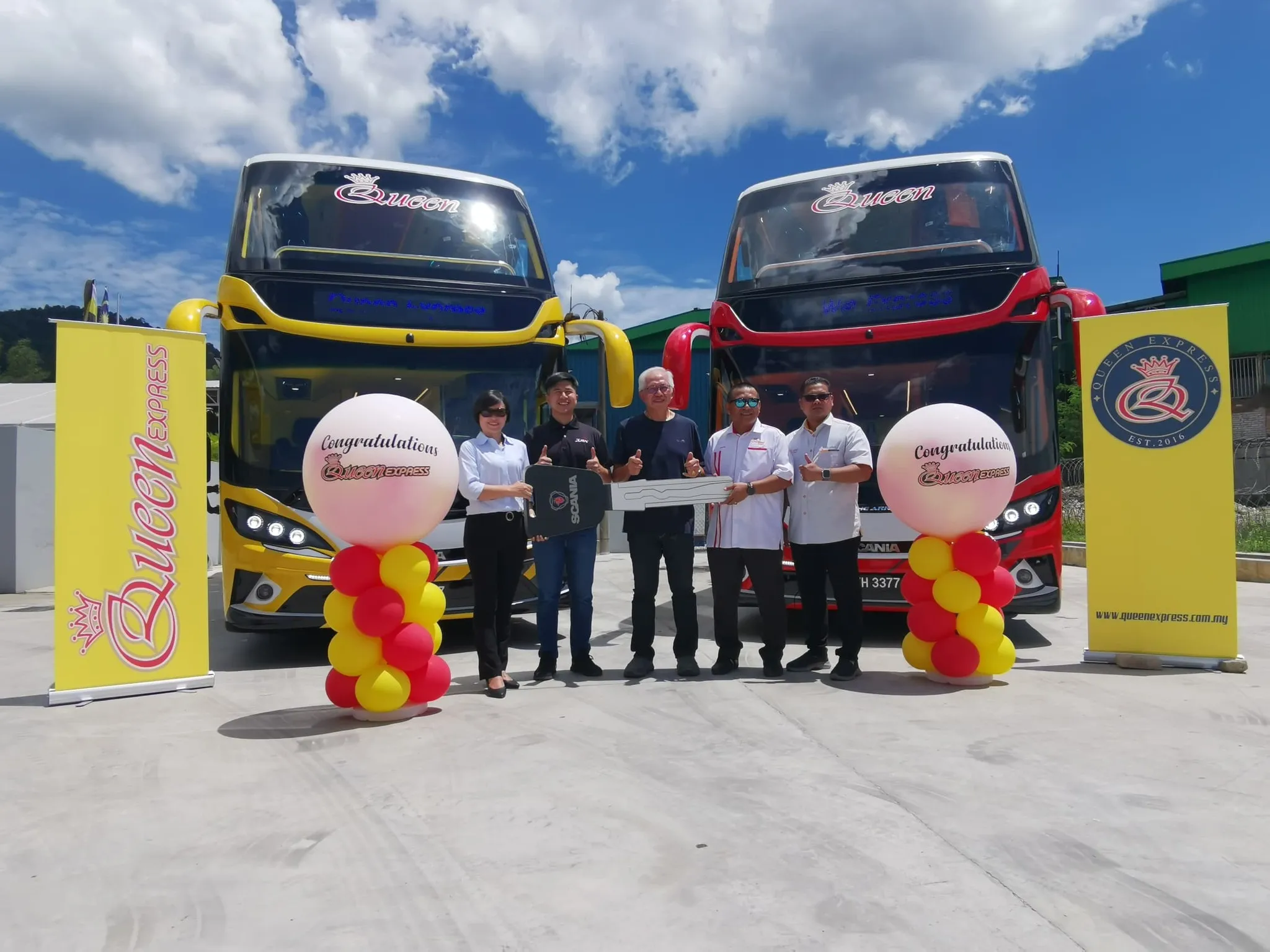Mitsubishi Fuso Truck and Bus Corporation (MFTBC) has announced its ambition towards CO2-neutrality in production sites by 2039.
Tramagal Plant in Portugal will Become CO2-neutral by 2022
As an integral part of Daimler Truck AG, Mitsubishi Fuso Truck and Bus Corporation (MFTBC) has announced that MFTBC will be following the Daimler Trucks & Buses ambition towards CO2-neutrality in production sites by aiming to shift all plants to CO2-neutrality by 2039.
Operations at Mitsubishi Fuso Truck Europe S.A.(MFTE), MFTBC’s wholly-owned subsidiary in Portugal, will become CO2-neutral already ...
Tramagal Plant in Portugal will Become CO2-neutral by 2022
As an integral part of Daimler Truck AG, Mitsubishi Fuso Truck and Bus Corporation (MFTBC) has announced that MFTBC will be following the Daimler Trucks & Buses ambition towards CO2-neutrality in production sites by aiming to shift all plants to CO2-neutrality by 2039.
Operations at Mitsubishi Fuso Truck Europe S.A.(MFTE), MFTBC’s wholly-owned subsidiary in Portugal, will become CO2-neutral already ...

